Industry News
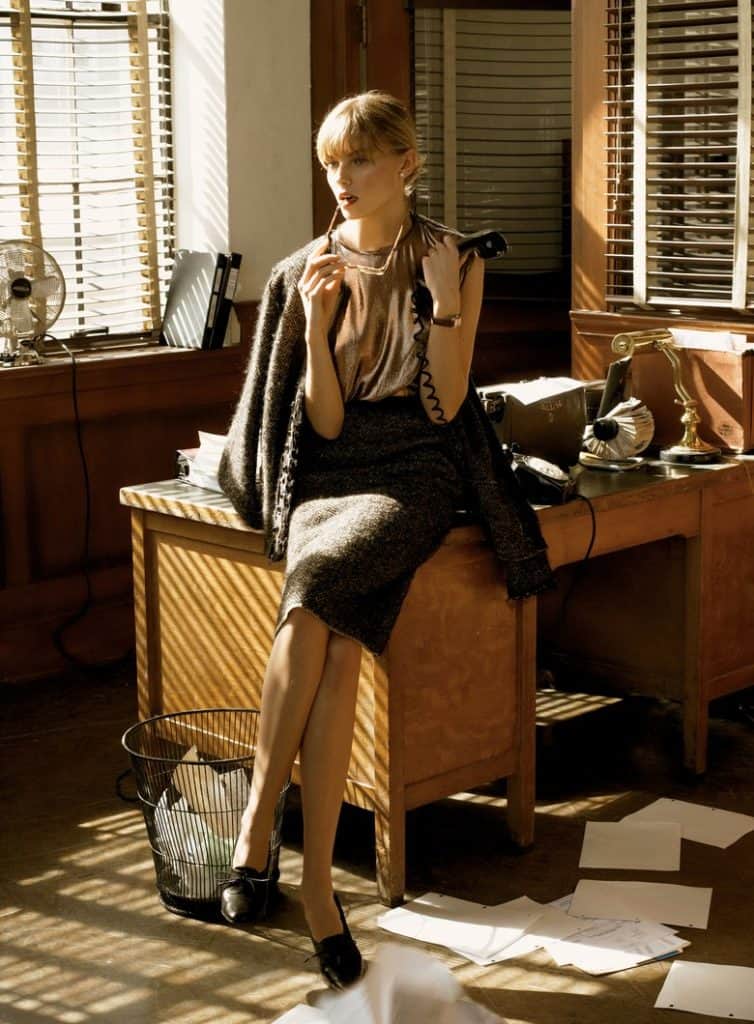
If you are a woman who happens to have a sizable engagement ring, a male recruiter and career counselor has some cold, hard advice for you: “When interviewing for a job, lose the ring!” This is the title of a veritable gem of a LinkedIn essay written by Bruce Hurwitz last week that’s going viral (by LinkedIn blog standards, anyway). Calling on his extensive experience, Hurwitz says he’s seen that when women come to job interviews wearing big engagement rings, they tend not to get the job. But when they leave their rings at home, they are more likely to be hired. He cites the example of a qualified woman sporting a “Hope Diamond” who lost out on several interviews; after she heeded Hurwitz’s sage advice to stop wearing the ring, she called him to report that she finally got a job.
Hurwitz has a point here: If a woman shows up to a job interview wearing a 4-carat ring, or similarly expensive statement jewelry, like an armful of Cartier Love cuffs, her perspective employer might assume she’s very wealthy, which could negatively (albeit unfairly) impact her salary negotiations. Or, her giant ring might even lead the employer to presume they can’t afford to hire her at all, and not bring her back for a second interview, which, again, would be unfair, but maybe a reality, like pretty people faring better in interviews, rather than everyone being judged on their résumés alone.
But Hurwitz’s advice to women interviewees to “lose the rock” is not financial advice; on the contrary, it’s social, and decidedly sexist. Women with large engagement rings are doing themselves a disservice, he says, because “when a man sees that ring, he immediately assumes you are high maintenance,” Hurwitz, in his infinite wisdom, writes. Not to mention: “When the woman at the office who has the largest diamond on her finger sees that ring, she will realize that if you are hired she will fall to second place and will, therefore, not like you.”
Oh, Bruce Hurwitz, you are a wise one. We working women, 40 percent of sole or primary American breadwinners, (still) fighting for equal pay and paid leave, while raising children, often with no viable options for affordable childcare, are concerning ourselves with the size of our prospective women colleagues’ engagement rings, and subsequently hating those women who have bigger rings than we do. We are that shallow (despite outnumbering men in college enrollment) and have so much ample time on our hands that we are sniffing out the ring sizes not even of our colleagues, but of interviewees, at our companies. Nailed it!
Hurwitz, as one might imagine, caught some flak for his essay: What about men wearing expensive jewelry, like Rolexes, critics asked? Surely the same rule would apply—that men wearing expensive pieces would be deemed “high maintenance” and categorically, instantaneously hated by other men at the office, right? According to Hurwitz, nope; he perceives no “moral equivalency.”
“When a man gives a woman an engagement ring, he buys the least expensive ring that he believes it will take to get her to agree to the proposal,” Hurwitz explains in a follow-up essay. “He may be willing to have a high-maintenance woman in his personal life; he doesn’t necessarily want one in his office,” Hurwitz says of potential bosses. A male candidate wearing a Rolex, on the other hand, might hurt his salary negotiations—but a flashy watch could also help boost his status and, especially if he’s a salesman, prove he’s a smashing success. “You see this watch. It’s a Rolex. Look outside, you’ll see my BMW in your parking lot. I like expensive things. I work on commission. I’m good enough to afford this lifestyle. Any questions?” Hurwitz imagines a male candidate saying.
The same couldn’t possibly apply to women with large engagement rings. They couldn’t be hardworking or successful saleswomen like their male counterparts, engaged to similarly hardworking and successful fiancés who might have independently decided to purchase them a large ring, or pluck one from their grandma’s jewelry box. No, a large ring is an automatic sign of a she-devil—a woman who, according to Hurwitz’s own crack logic, drives a hard bargain and would accept nothing less than the best in exchange for her hand. Let’s pretend he’s right. A tough woman with high standards and a keen sense of her worth? Sounds like a great hire to me.


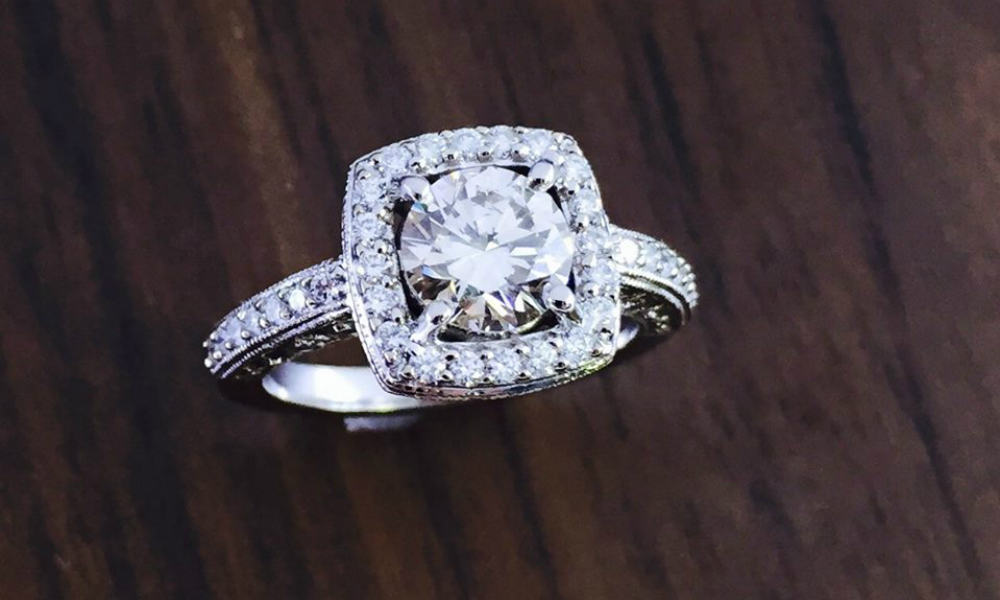
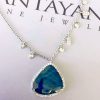

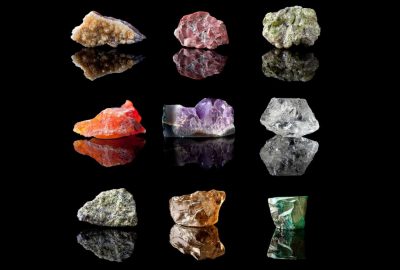
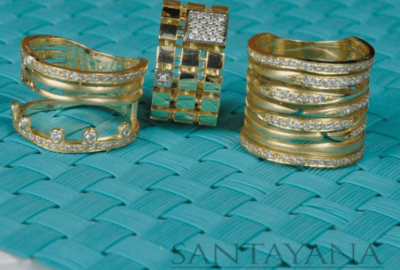
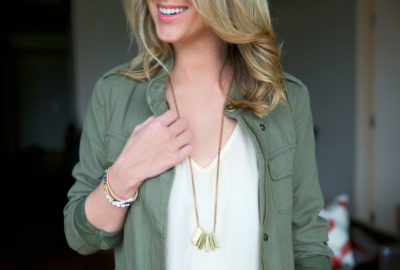





































Leave a reply